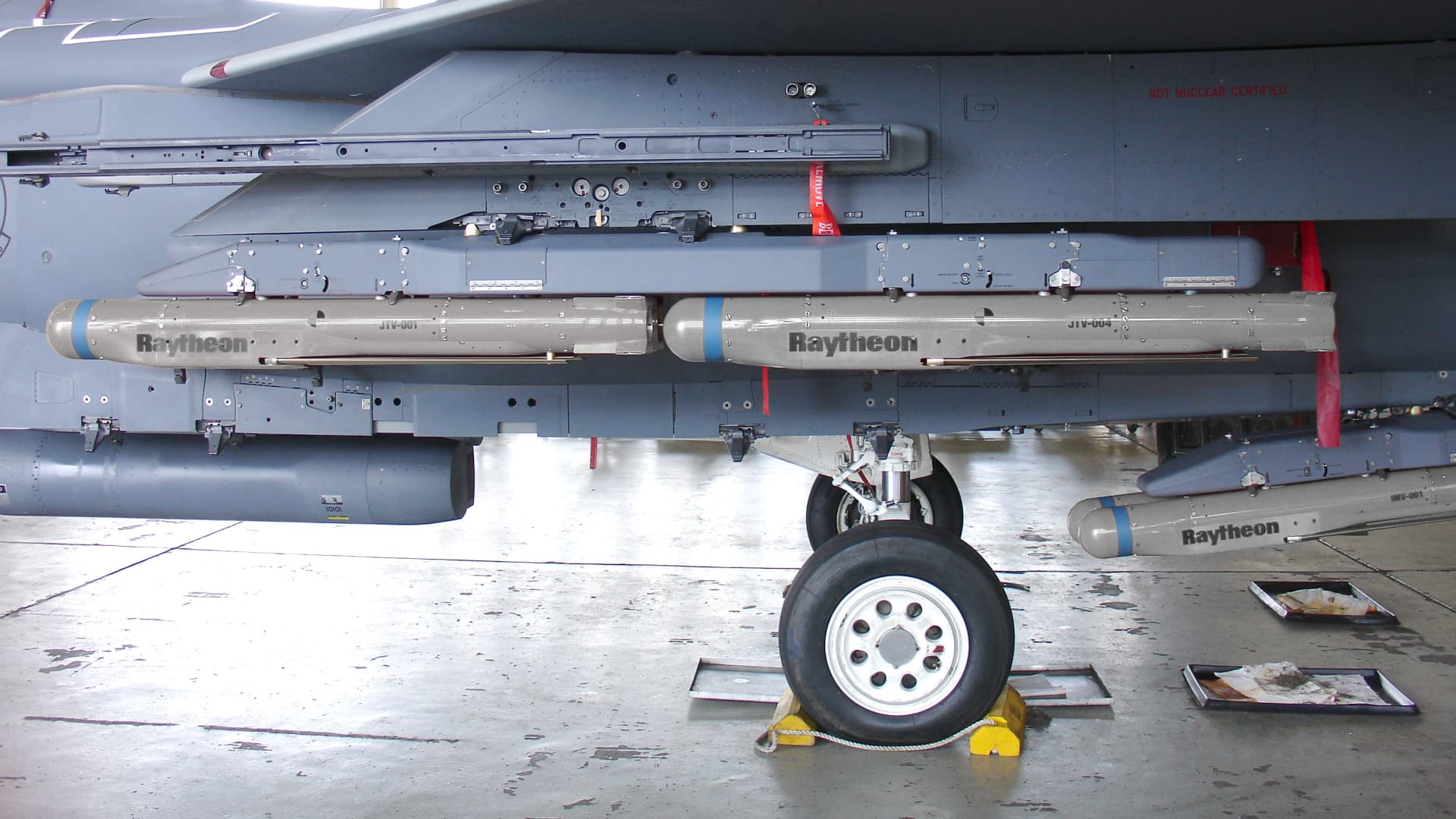The Kremlin has pushed
Exxon
XOM 1.44%
Mobil Corp. out of a major Russian oil-and-gas project and transferred the Texas oil giant’s stake to a Russian entity, according to the U.S. company.
Moscow blocked Exxon’s efforts to transfer operatorship and sell its 30% stake in the Sakhalin-1 venture in Russia’s Far East for months, and has now wiped out Exxon’s stake entirely. Exxon on Monday described Moscow’s move as expropriation and said it had pulled out of Russia.
The Kremlin didn’t provide any indication that it would pay Exxon for the value of its stake. Exxon said it has left its legal options open under its production-sharing agreement and international arbitration law. If the company pursues legal action, the matter could take years to resolve.
The largest U.S. oil company vowed in March to leave Russia shortly after the invasion of Ukraine, saying it would make no further investments in the country. It had cultivated ties with Russia for decades, but had withdrawn from at least 10 other joint ventures after the U.S. and its allies imposed sanctions on Russia following its 2014 invasion of Crimea. Sakhalin-1 hadn’t been covered by those sanctions.
Exxon declared force majeure in April, and reduced production from the Sakhalin Island development to about 10,000 barrels of oil and natural gas a day, from 220,000. It also took a $3.4 billion accounting charge related to its Russia exit in the first quarter.
European oil companies with interests in Russia have also worked to exit from the country. In February,
Shell
SHEL 1.74%
PLC said it would exit the Sakhalin-2 venture, another oil-and-gas project in Russia’s Far East, and
BP
BP 0.49%
PLC said it would exit its nearly 20% stake in state-run Rosneft.
Exxon’s exit was particularly complicated because it operated the project and is responsible for safety and environmental measures. The project hasn’t been fully shut down, in part because it provides power to the residents of Sakhalin Island, which is an environmentally sensitive area. Finding a counterparty capable of handling the complex project had been a difficult task. Exxon had operated Sakhalin-1 since the 1990s.
“Our priority all along has been to be a responsible operator by protecting employees, the environment and the integrity of operations at Sakhalin-1,” Exxon spokeswoman
Meghan Macdonald
said.
Reuters reported Exxon’s exit earlier Monday.
Exxon and its partners had a production-sharing agreement in place since the 1990s. Exxon Neftegas Ltd., a unit of the U.S. oil company, owned 30% of the project and was its operator. Rosneft owns 20%, while Japan’s Sodeco and India’s ONGC Videsh separately own portions.
Exxon expects about 700 employees of its Russian unit to transition to the new operator.
A decree from President
Vladimir Putin
this month handed Exxon’s stake to a newly created Russian company and said Exxon and other foreign partners of the Sakhalin-1 consortium could apply for ownership in the new entity. Exxon’s exit signals it has no plans to apply for ownership in the project.
Exxon escalated its dispute with Russia in August when it notified Kremlin officials it would sue the government unless Moscow allowed it to exit from the project. The company had sent Russian officials a notice of difference, which lawyers said is a common requirement in commercial contracts as a step to remedy conflicts before litigation. It also triggers a deadline by which the parties reach an agreement or the matter can proceed to litigation.
“We made every effort to engage with the Russian government and other stakeholders,” Ms. Macdonald said.
Write to Collin Eaton at [email protected]
Copyright ©2022 Dow Jones & Company, Inc. All Rights Reserved. 87990cbe856818d5eddac44c7b1cdeb8
Appeared in the October 18, 2022, print edition as ‘Exxon’s Sakhalin-1 Holding Snatched.’
















